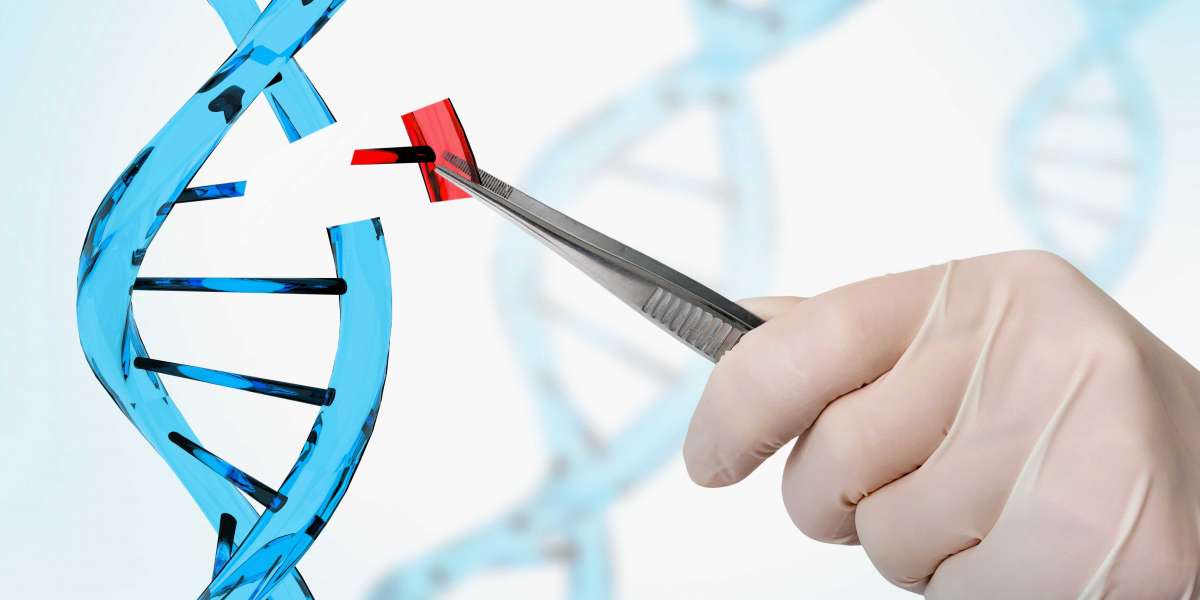Human life is greatly affected by three factors:
- Deficiency of food
- Health problems
- Environmental issues
Food and health are basic human requirements beside a clean and safe environment. With increasing world's population at a greater rate, human requirements for food are rapidly increasing. Humans require safe-food at reasonable price. Several human related health issues across the world cause sizable amount of deaths. Approximately 36 million people die each year from noncommunicable and communicable diseases.
Current Research Progress
- Recombinant DNA technology may be a fast growing field and researchers round the globe are developing new approaches, devices, and engineered products for application in several sectors including agriculture, health, and environment.
- For example, Lispro (Humalog), in comparison with regular human insulin, is a well effective and fast acting recombinant insulin. Similarly, Epoetin alfa is a novel and well-recognized recombinant protein which will be effectively used in curing of anemia.
- Clinical testing approval by the FDA in December 1997 for a recombinant version of the cytokine myeloid progenitor inhibitory factor-1 (MPIF-1) was an achievement to offer recognition to the present technology.
- Clustered regularly interspaced short palindromic repeats (CRISPR), a newer development of recombinant DNA technology, has brought out solutions to many problems in several species.
- This system can be used to target destruction of genes in human cells. Activation, suppression, addition, and deletion of genes in human's cells, mice, rats, zebrafish, bacteria, fruit flies, yeast, nematodes, and crops proved the technique a promising one.






